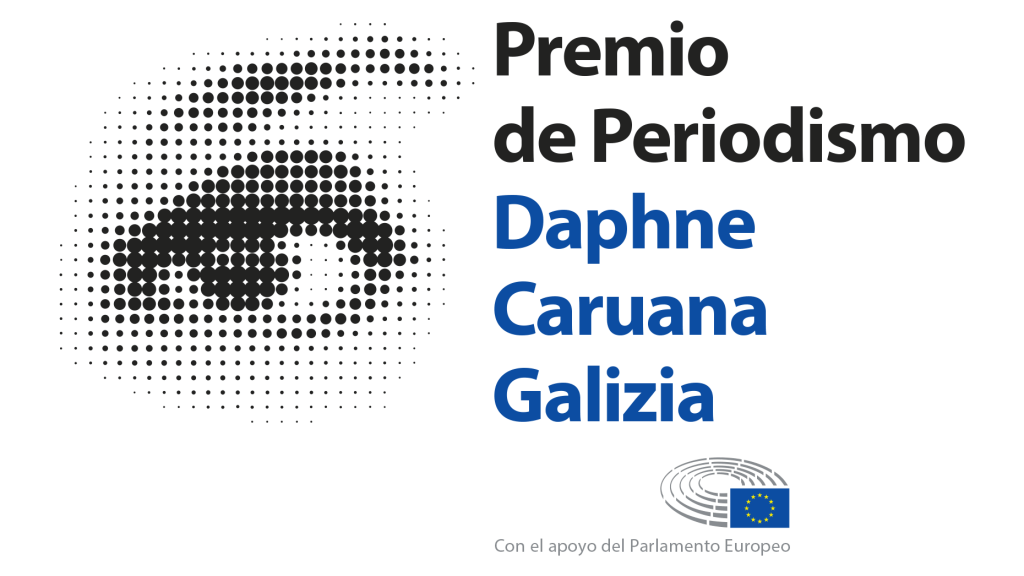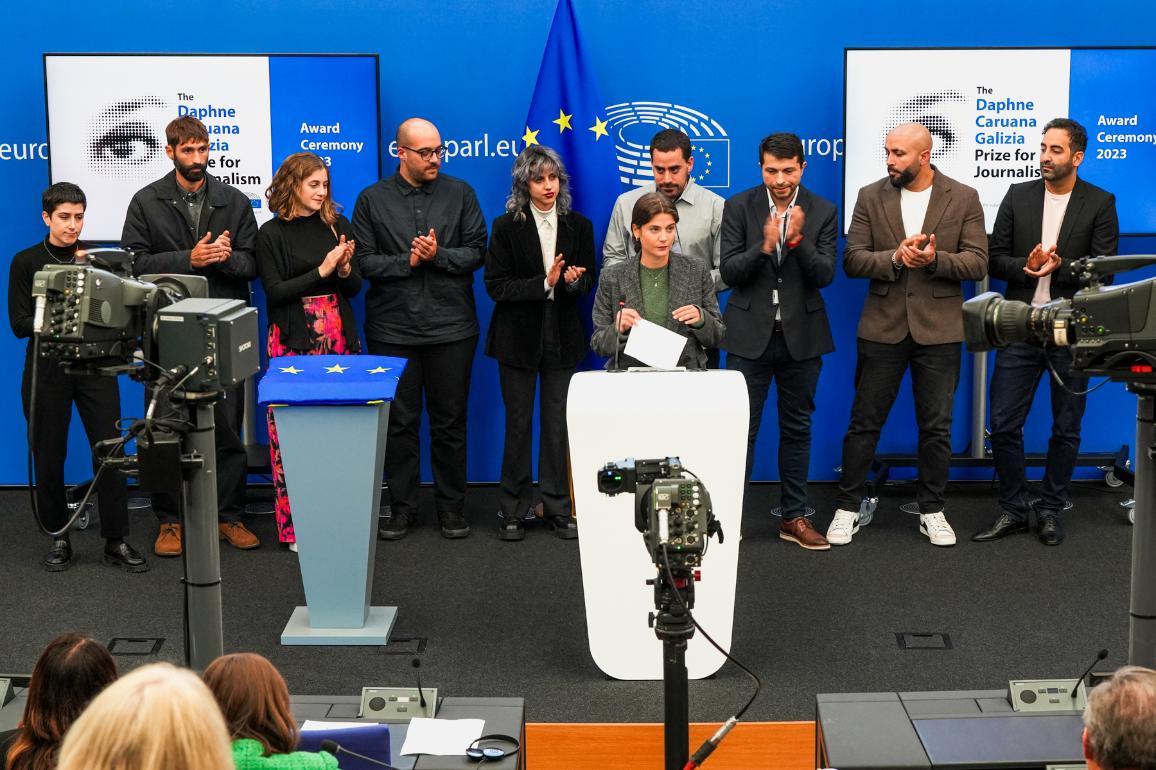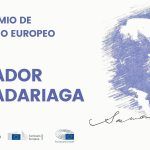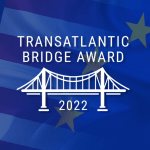A Greek, German and British consortium has won the 2023 Daphne Caruana Galizia Prize for investigating the Adriana shipwreck, which left over 600 migrants dead off Pylos in Greece.
The joint investigation by the Greek investigative outlet Solomon, in collaboration with Forensis, the German public broadcaster StrgF/ARD, and the British newspaper The Guardian revealed how the deadliest migrant shipwreck in recent history happened as a result of the actions taken by the Greek Coast Guard. It also reveals inconsistencies in the Greek authorities’ official accounts.
Roberta Metsola, President of the European Parliament, Pina Picierno, Vice-President responsible for the Prize, and Juliane Hielscher, President of the Berlin Press Club and representative of the 28 members of the independent European-wide Jury, participated in the award ceremony held in the Daphne Caruana Galizia Press Room of the European Parliament in Strasbourg.
President Metsola said: “Today, as every year, we honour Daphne Caruana Galizia’s memory with a prize that is a powerful reminder of her fight for truth and justice. Journalists around the world continue to be targeted just for doing their job, but they refuse to be silenced. This Parliament stands by their side in this long-standing battle to safeguard press freedom and media pluralism in Europe and beyond”.
Between 3 May and 31 July 2023, more than 700 journalists from the 27 EU countries submitted their stories for consideration. Twelve of these submissions were shortlisted by the jury before the overall winner was decided.
About the winning story
The investigation took an in-depth look into the events surrounding the loss of the fishing trawler Adriana on 14 June this year some 50 nautical miles off Pylos, in south-western Greece, killing over 600 migrants who had left Libya some days earlier.
Over 20 interviews were made with survivors, and court documents and coastguard sources were looked into. The findings detail missed rescue opportunities and offers of assistance that were ignored, whereas the survivors’ testimonies indicate that it was the attempts by the Greek coastguard to tow the trawler that ultimately caused its sinking. The Greek coastguard denied that it attempted to tow the trawler.
The fateful night was simulated by Forensis using interactive 3D modelling of the trawler thanks to data from the coastguard’s log and testimony of the coast guard vessel’s captain, as well as from flight paths, maritime traffic data, satellite imagery and videos taken by nearby shipping vessels and other sources.

The Daphne Caruana Galizia Prize for Journalism
|
The teams that contributed to the story are:
- For Solomon: Stavros Malichudis, Iliana Papangeli, Corina Petridi
- For Forensis: Stefanos Levidis, Christina Varvia, Georgia Skartadou, Andreas Makas, Ebrahem Farooqui, Dimitra Andritsou, Peter Polack, Eyal Weizman, Jasper Humpert, Miriam Rainer, Salma Barakat, Zac Ioannidis, Elizabeth Breiner
- For StrgF/ARD: Armin Ghassim, Sulaiman Tadmory, Timo Robben, Sebastian Heidelberger
- For The Guardian: Giorgos Christides, Katy Fallon, Lydia Emmanouilidou, and Julian Busch
About the Prize
The Daphne Caruana Prize was initiated by a decision of the Bureau of the European Parliament in December 2019 as a tribute to Daphne Caruana Galizia, a Maltese anti-corruption investigative journalist and blogger who was killed in a car bomb attack in 2017.
The Prize rewards on a yearly basis (on the anniversary of the assassination of Daphne Caruana Galizia) outstanding journalism that promotes or defends the core principles and values of the European Union such as human dignity, freedom, democracy, equality, rule of law, and human rights.
Professional journalists and teams of professional journalists of any nationality can submit in-depth pieces that have been published or broadcasted by media based in one of the 27 European Union member states. The aim is to support and highlight the importance of professional journalism in safeguarding freedom, equality and opportunity.
The independent jury is composed of representatives of the press and civil society from the 27 European member states and a representative of the International Federation of Journalists.
The Prize and the €20 000 prize money demonstrate the European Parliament’s strong support for investigative journalism and a free press.
In October 2021, the Daphne Caruana Prize for Journalism was awarded to the journalists coordinated by the Forbidden Stories Consortium investigating the Pegasus Project.
In October 2022, the prize was awarded to a Découpages/Arte G.E.I.E co-production for a documentary about Russian influence in Africa.
Who was Daphne Caruana Galizia?
Daphne Caruana Galizia was a Maltese journalist, blogger and anti-corruption activist who reported extensively on corruption, money laundering, organised crime, sale of citizenship and the Maltese government’s links to the Panama Papers. Following harassment and threats, she was murdered in a car bomb explosion on 16 October 2017. The outcry over the authorities’ handling of her murder investigation ultimately prompted the resignation of Prime Minister Joseph Muscat. Critical of failings in the investigation, in December 2019, MEPs called on the European Commission to take action.
More information: European Parliament







Leave a Reply